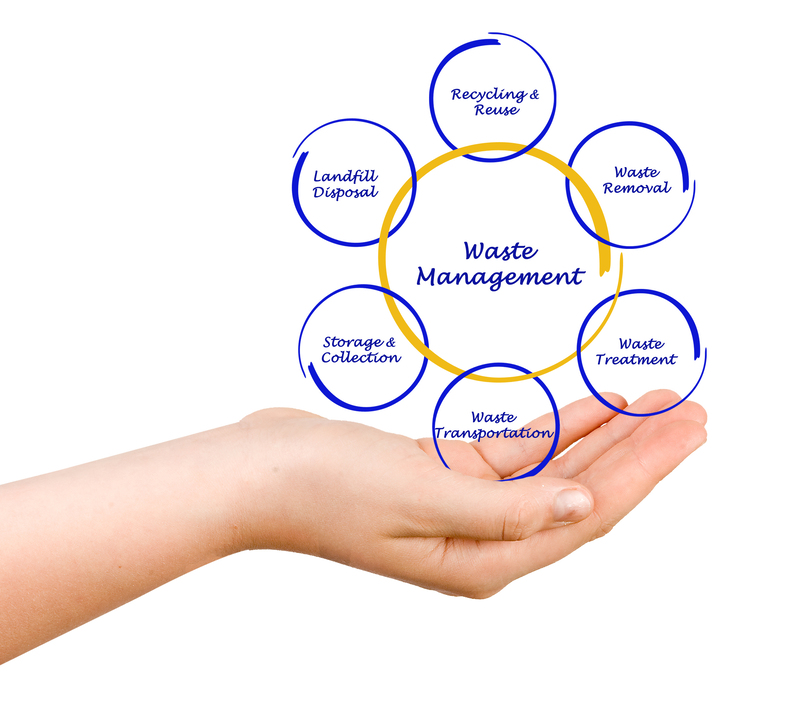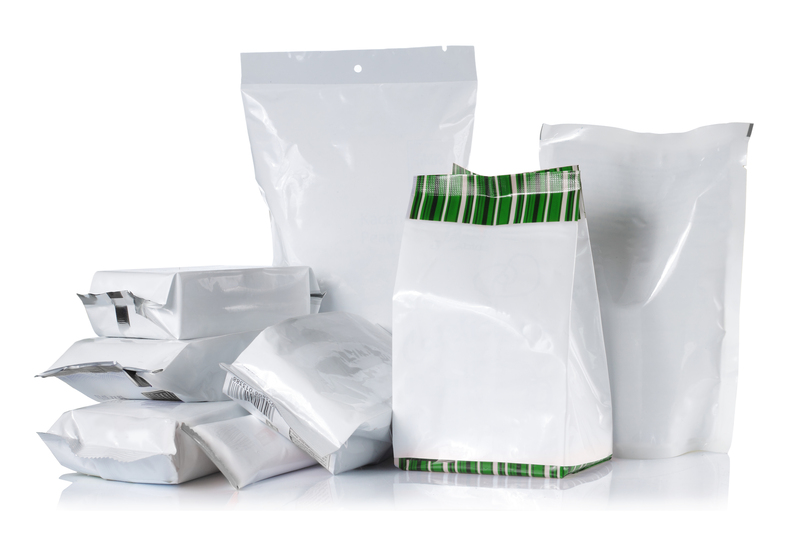Accommodation Upkeep & Refuse Collection
Posted on 02/08/2024
Maintaining a comfortable, clean, and efficient living environment involves more than just occasional tidying. It includes systematic accommodation upkeep and a consistent refuse collection strategy to ensure wellness and sustainability. Read on to learn about essential practices, tips, pros, cons, and takeaways for mastering these vital home management tasks.
Understanding Accommodation Upkeep
Accommodation upkeep involves the routine tasks needed to keep a living space in tip-top condition. This includes cleaning, minor repairs, and organizing spaces to optimize comfort and functionality. Some common accommodation upkeep tasks are:
- Daily Cleaning: Sweeping, mopping, and vacuuming floors to prevent dust build-up.
- Routine Checks: Inspecting household systems like plumbing and electrical for any signs of damage or wear.
- Minor Repairs: Fixing leaks, replacing light bulbs, and mending furniture.
- Organization: Sorting belongings, decluttering, and arranging items for easy access and efficient use of space.

The Importance of a Regular Schedule
Creating and sticking to a regular schedule for these tasks can make accommodation upkeep more manageable. Here are key benefits:
- Consistency: Ensures that small issues are addressed before they escalate into bigger problems.
- Efficiency: Saves time and effort in the long run as regular tasks are less demanding than sporadic deep cleans.
- Health and Safety: Promotes a sanitary living environment, reducing the risk of health hazards like mold and pests.
The Role of Refuse Collection
Refuse collection is another crucial aspect of maintaining a pleasant living space. Here's why it's indispensable:
- Waste Management: Proper refuse collection helps manage the waste produced daily, ensuring it doesn't accumulate and cause problems.
- Environmental Impact: Correct disposal methods, including recycling and composting, minimize the environmental footprint.
- Health Considerations: Regular removal of refuse prevents pest infestations and mitigates health risks associated with rotting waste.
Effective Refuse Collection Strategies
Here are some effective strategies to manage refuse collection efficiently:
- Sorting Waste: Separating recyclables from regular trash and compost can make disposal more streamlined.
- Scheduled Collection: Adhering to a consistent pick-up schedule ensures refuse doesn't accumulate excessively.
- Adequate Storage: Using covered bins and appropriate bags to prevent spills and pests.
- Local Regulations: Complying with local waste disposal laws and policies to avoid fines and penalties.
Eco-friendly Practices for Accommodation Upkeep and Refuse Collection
Adopting eco-friendly practices can make a significant difference:
- Green Cleaning Products: Using environmentally friendly cleaning agents reduces harmful chemical exposure.
- Energy Efficiency: Implementing energy-saving measures like LED lights and energy-efficient appliances.
- Waste Reduction: Reducing overall waste by purchasing in bulk, using reusable items, and composting organic waste.
Pros and Cons of Accommodation Upkeep & Refuse Collection
Every strategy has its advantages and challenges. Here's a balanced view:
Pros:
- Enhanced Comfort: A well-maintained space is more comfortable and enjoyable to live in.
- Improved Health: Reduces allergens, bacteria, and other health risks.
- Environmental Benefits: Collecting refuse responsibly and recycling helps protect the environment.
Cons:
- Time-Consuming: Regular maintenance and refuse collection can be time-intensive.
- Cost: Investing in quality cleaning products and waste disposal services can be costly.
- Effort: Consistent upkeep requires sustained effort and commitment.
Tips for Successful Accommodation Upkeep and Refuse Collection
Here are some practical tips to make these tasks easier:
- Create a Cleaning Routine: Set specific days for different tasks to avoid being overwhelmed.
- Use the Right Tools: Invest in good quality cleaning tools and products for efficiency.
- Declutter Regularly: Reduce unnecessary items to simplify cleaning and organization.
- Educate Household Members: Ensure everyone knows proper disposal methods and participates in the upkeep.

Key Takeaways
- Regular Upkeep: Regular cleaning and minor fixes ensure a comfortable and safe living space.
- Effective Refuse Management: Proper waste segregation and timely disposal are essential.
- Eco-Friendly Practices: Green cleaning and waste reduction benefit both health and the environment.
- Balanced Approach: Weigh the pros and cons to find a routine that works best for your household.
Conclusion
Accommodation upkeep and refuse collection are fundamental elements of household management. By creating a systematic routine, using effective strategies, and incorporating eco-friendly practices, you can ensure a clean, efficient, and pleasant living environment. Despite the challenges, the benefits of living in a well-maintained space far outweigh the effort required. Implement these tips and strategies to enhance your household upkeep and refuse collection today.
Latest Posts
Essential Tips for Managing Organic Waste






